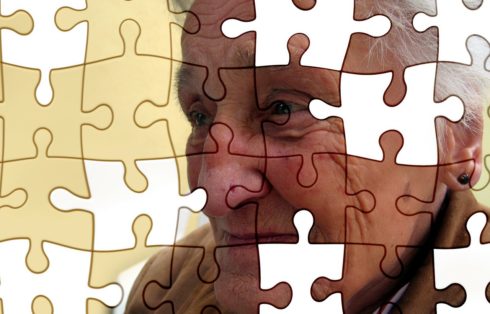Giving Up the Keys
If we each made a list of things we couldn’t live without, we’d probably have a number of entries in common: food, water, our cellphones, our computers, and perhaps, our cars.
Driving enables us to live independently, but for many of us, it is a privilege that we take for granted; when we are no longer able to drive, we become acutely aware of our powerlessness. As we age, our bodies undergo inevitable physical changes, and some of those changes involve visual acuity, reflexes, muscle strength and mobility–all physical attributes that are necessary for safe driving.
Physical Changes
- Hearing loss and vision impairments that result from age can make driving significantly more difficult.
- Pain in the legs, arms, and neck can hinder an older driver from reacting as the situation requires, because their movement may be restricted.
- Some health conditions and the medications used to manage them might impact a senior’s ability to safely drive.
Cognitive Changes
- Elderly people generally have a harder time multi-tasking than younger adults. Because driving involves absorbing and processing a variety of visual stimuli, older people may not be able to concentrate to the degree necessary for quick decision-making on the road;
- Dementia and other cognitive impairments can impede a senior driver’s ability to determine where they are going, as well as their knowledge of driving mechanics.
Whether it’s a change in vision, decrease in mobility, or an inability to concentrate, these age-related impediments can put the lives of older drivers at risk. After the age of 70, fatal crash rates tend to increase. This is not to say that all seniors should stop driving once they reach a certain age; the onset of risk factors for an accident differs among older drivers, and some are still able to drive long after others have had to surrender their keys.
Most seniors do not willingly cease to drive. As new health conditions and limitations become part of their reality, the idea of sacrificing their independence becomes unthinkable. In giving up the ability to move and do as they please, some seniors may suddenly be faced with the belief that they have become “old,” and in the worst sense of the word. They may feel irrelevant or isolated without a car, and their self-esteem may plummet.
Usually, an older person will stop driving either because of an accident that warrants the removal of their license, or as the result of some sort of familial intervention. But how do we start that difficult conversation?
Remember first and foremost that your older loved one’s feelings about driving are valid. You are suggesting that they sacrifice a precious freedom, and although you are absolutely in the right, you have to anticipate and respect their resistance to such a massive change.
Provide them with concrete examples of their dangerous driving: dents in the car, citations, running a red light or stop sign, nearly colliding with other drivers at an intersection. Remind them that not only are they putting their safety at risk when they operate a vehicle, but the safety of other drivers as well.
If they refuse to consider your points, try enlisting the help of their doctor. A doctor can order tests to determine whether or not your loved one should continue driving, and their recommendations may be taken more seriously. Recruit other family members and your loved one’s close friends to give your appeals more weight; if more than one person thinks they should give up driving, they may have a harder time dismissing your concerns.
To ease their fears, propose alternative transportation options. If you live close by, offer to drive them to appointments and other outings. Help them find a driving service or public transportation. It is vital that they don’t feel cut off from the world; if they live in a rural or suburban area where driving by car is the only way to get around, it might be time to consider moving them to an area where there are more transportation options for them to utilize.
If you help them find a substitute for driving that still provides them with a sense of independence, the transition will be slightly less difficult. But giving up their ability to drive will be a major adjustment, so offer them plenty of support and encourage their desire to be self-sufficient.
The good news is that cars are safer than they used to be, and many older adults take initiative with certain precautions, like not driving at night. As a significant portion of the population ages, we need to find new ways to tackle the problem of compromised driving. Whether there are more frequent and strict tests to determine driving capabilities, or whether it’s something decided among families, we’ll need to develop better procedures for assessing eligibility.
If public transportation is broadened and improved in this country, cars will not be quite as essential to one’s independence. Perhaps as the older generations age we will see these steps taken to fill a widespread need; in the meantime, what we can offer our senior loved ones is support, understanding, and patience.



